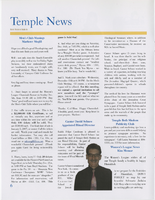Search the Special Collections and Archives Portal
Search Results
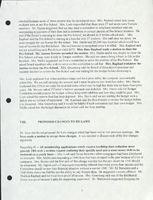
Minutes from Temple Beth Sholom Board of Directors meetings, June 1996 - May 1997
Date
Archival Collection
Description
Meeting minutes include reports from committees of the board, correspondence, and balance sheets.
Text
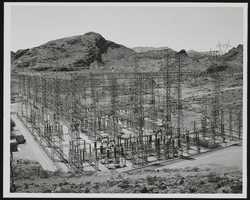
Hoover Dam switchyard: photographic print
Date
Archival Collection
Description
Image
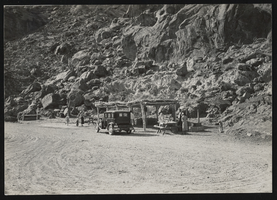
Photograph of rock formation, Valley of Fire (Nev.), January 1934
Date
Archival Collection
Description
Image

Architectural drawing of Harrah's Resort Atlantic City, first floor plan, December 10, 1983
Date
Archival Collection
Description
Project overview drawings of Harrah's Marina in Atlantic City from 1983; printed on mylar. Shows floor plan with outline of the surrounding site, including the marina area.
Site Name: Harrah's Marina Resort (Atlantic City)
Address: 777 Harrah's Boulevard, Atlantic City, NJ
Image
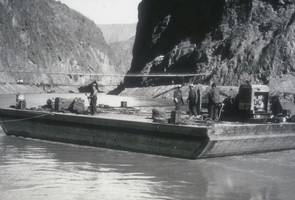
Slide of the barged used in construction phase of Hoover Dam, Colorado River, January 10, 1932
Date
Archival Collection
Description
Image
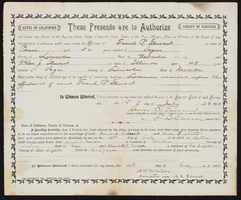
Marriage certificate of Helen and Frank Stewart and Tiza Stewart land patents
Date
Archival Collection
Description
Marriage certificate of Helen and Frank Stewart and Tiza Stewart land patents
Text
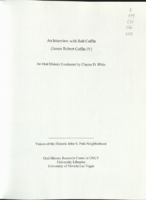
Transcript of interview with Bob Coffin by Claytee D. White, January 29, 2010
Date
Archival Collection
Description
Text
Bess Rosenberg oral history interview
Identifier
Abstract
Oral history interview with Beth Rosenberg conducted by Jerry Masini on November 18, 1975 for the Ralph Roske Oral History Project on Early Las Vegas. In this interview, Rosenberg describes coming to Las Vegas, Nevada in 1942 and the desert landscape she saw when she came here. She gives an in-depth recollection of the first atomic test, and talks about the weather and the seasons in Las Vegas. Rosenberg describes several clubs and hotels around downtown and the recreation at Lake Mead and Mount Charleston.
Archival Collection
Herb Tobman oral history interview
Identifier
Abstract
Oral history interview with Herb Tobman conducted by Deborah Fischer on March 13, 1981 for the Ralph Roske Oral History Project on Early Las Vegas. In this interview Herb Tobman talks about moving to Las Vegas, Nevada while working for Standard Oil as a tire, battery and accessory salesman, then working for the Moulin Rouge as the general manager in 1955. He gives a description of the hotels on Las Vegas Boulevard and downtown. Tobman then discusses the types of gambling that were popular. He also talks about the accommodations, transportation, entertainment, and the economy.
Archival Collection

